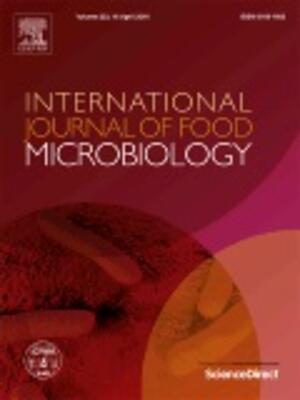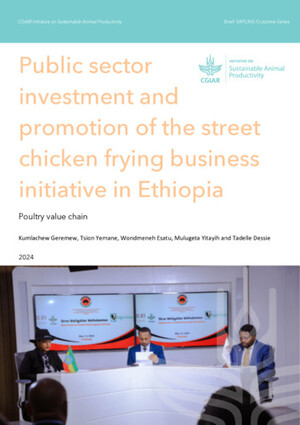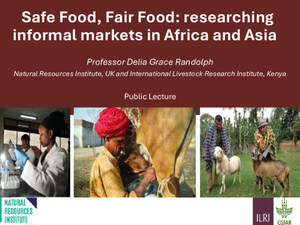
Overcoming barriers to informal milk trade in Kenya
Abstract
Though informal milk markets dominate the supply of marketed milk in most developing countries, they are largely discouraged by policies based on perceived quality and safety concerns. Kenya provides a prime example of stultifying regulations affecting milk markets. In spite of several derived benefits, regulations governing informal milk markets continue to be unfavourable due to unrealistic safety standards. The rationale for applying regulations modelled along those from industrialised countries where virtually all milk destined for the market is pasteurised and packaged, and the differential political power play between formal and informal sectors, is examined against evidence on consumption patterns, human health risks and benefits associated with informal milk markets.
Citation
Omore, A.; Staal, S.; Randolph, T. 2004. Overcoming barriers to informal milk trade in Kenya. Paper prepared for the EGDI-WIDER (Expert Group on Development Issues/World Institute for Development Economics Research) conference on unlocking human potential linking the informal and formal sectors, Helsinki, Finland, 17-18 September 2004. Nairobi (Kenya): ILRI









